10 Best Herbal Capsules For Boils
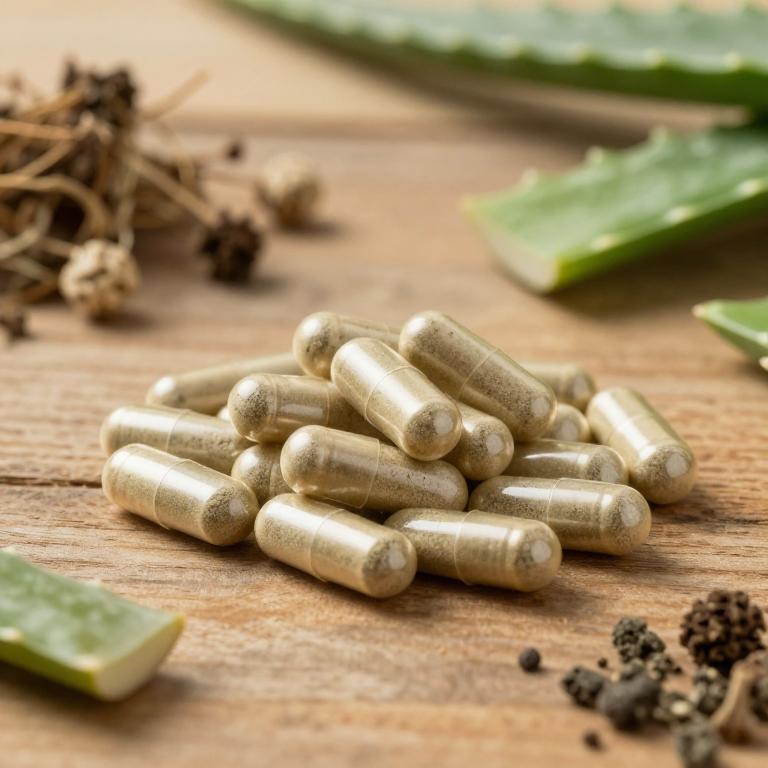
Herbal capsules for boils are natural supplements that contain a blend of plant-based ingredients known for their anti-inflammatory and antibacterial properties.
Common ingredients include turmeric, neem, garlic, and echinacea, which are traditionally used to reduce infection and promote healing. These capsules are often preferred by individuals seeking alternative or complementary treatments to conventional antibiotics. They can help alleviate symptoms such as redness, swelling, and pain associated with boils.
However, it is important to consult a healthcare professional before using herbal capsules, especially if you have underlying health conditions or are taking other medications.
Table of Contents
- 1. Aloe vera (Aloe barbadensis)
- 2. Echinacea (Echinacea purpurea)
- 3. St. john's wort (Hypericum perforatum)
- 4. Blessed thistle (Cnicus benedictus)
- 5. Stinging nettle (Urtica dioica)
- 6. Turmeric (Curcuma longa)
- 7. Thyme (Thymus vulgaris)
- 8. German chamomile (Chamomilla recutita)
- 9. English lavender (Lavandula angustifolia)
- 10. Salvia (Salvia officinalis)
1. Aloe vera (Aloe barbadensis)

Aloe barbadensis, commonly known as aloe vera, is often used in herbal capsules for its soothing and anti-inflammatory properties, which may help in the treatment of boils.
These capsules typically contain a concentrated form of aloe gel, which can support the skin's natural healing process and reduce redness and swelling associated with boils. While aloe vera is generally considered safe for topical use, its effectiveness when taken orally in capsule form for boils has not been extensively studied in clinical trials. Some people may find relief from internal aloe use, but it is important to consult a healthcare provider before starting any new supplement, especially if you have underlying health conditions or are taking other medications.
As with any herbal remedy, results may vary, and it should not replace professional medical treatment for severe or persistent boils.
2. Echinacea (Echinacea purpurea)

Echinacea purpurea, commonly known as purple coneflower, is a popular herbal remedy often used to support the immune system and reduce inflammation.
When formulated into capsules, echinacea purpurea may help alleviate symptoms associated with boils by promoting faster healing and reducing bacterial growth. Some studies suggest that echinacea can enhance the body's natural defenses, potentially shortening the duration of skin infections like boils. However, it is important to consult a healthcare professional before using echinacea, especially if you have allergies or are taking other medications.
While echinacea may offer some benefits, it should not replace conventional medical treatments for severe or persistent boils.
3. St. john's wort (Hypericum perforatum)

Hypericum perforatum, commonly known as St. John's wort, is primarily recognized for its use in treating mild to moderate depression, but it has also been explored for its potential benefits in managing skin conditions such as boils.
While there is limited scientific evidence specifically supporting its use for boils, some traditional and alternative medicine practices suggest that its anti-inflammatory and antimicrobial properties may help reduce inflammation and prevent infection in boils. Herbal capsules containing hypericum perforatum are often taken orally, though topical applications of its extracts have also been used in some formulations. It is important to note that St. John's wort can interact with various medications and should be used under the guidance of a healthcare professional.
As with any herbal remedy, results may vary, and it should not replace conventional medical treatments for severe or persistent boils.
4. Blessed thistle (Cnicus benedictus)
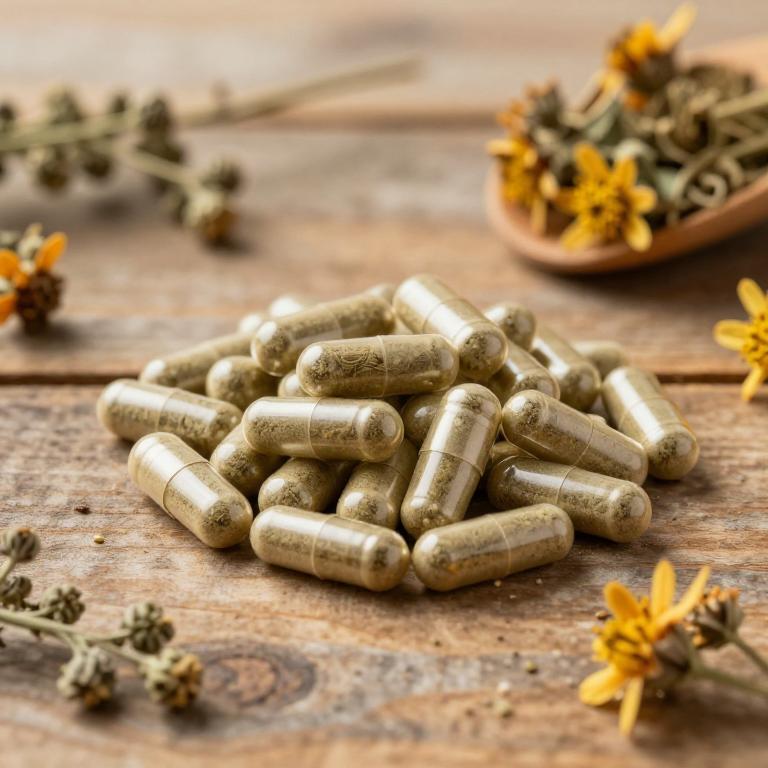
Cnicus benedictus, also known as blessed thorn, is a traditional herbal remedy that has been used for centuries to treat various skin conditions, including boils.
The herbal capsules containing Cnicus benedictus are believed to possess anti-inflammatory and antimicrobial properties that may help reduce the symptoms of boils by fighting infection and promoting healing. These capsules are typically made from standardized extracts of the plant, ensuring consistent potency and efficacy. They are often used as a complementary therapy alongside conventional treatments for boils, offering a natural alternative for those seeking holistic care.
However, it is important to consult with a healthcare professional before using Cnicus benedictus capsules, especially if you have underlying health conditions or are taking other medications.
5. Stinging nettle (Urtica dioica)

Urtica dioica, commonly known as stinging nettle, is a potent herbal remedy that has been used for centuries to address various health issues, including skin conditions like boils.
Urtica dioica herbal capsules are formulated to support the body's natural healing processes by providing essential nutrients and anti-inflammatory properties. These capsules contain concentrated extracts of the plant, which are believed to help reduce inflammation, detoxify the body, and promote skin health. They are often recommended as a natural alternative to conventional treatments for boils, though it is important to consult with a healthcare professional before use.
Regular consumption of Urtica dioica capsules may help alleviate symptoms associated with boils and support overall immune function.
6. Turmeric (Curcuma longa)

Curcuma longa, commonly known as turmeric, is a popular herbal remedy used for its anti-inflammatory and antimicrobial properties.
Curcuma longa herbal capsules are often taken to help reduce the redness, swelling, and pain associated with boils due to their potent bioactive compounds, such as curcumin. These capsules may support the body's natural healing process by enhancing immune function and promoting skin regeneration. However, it is important to consult a healthcare professional before using turmeric supplements, especially if you have underlying health conditions or are taking other medications.
While curcuma longa can be a beneficial complementary therapy, it should not replace conventional medical treatments for severe or persistent boils.
7. Thyme (Thymus vulgaris)
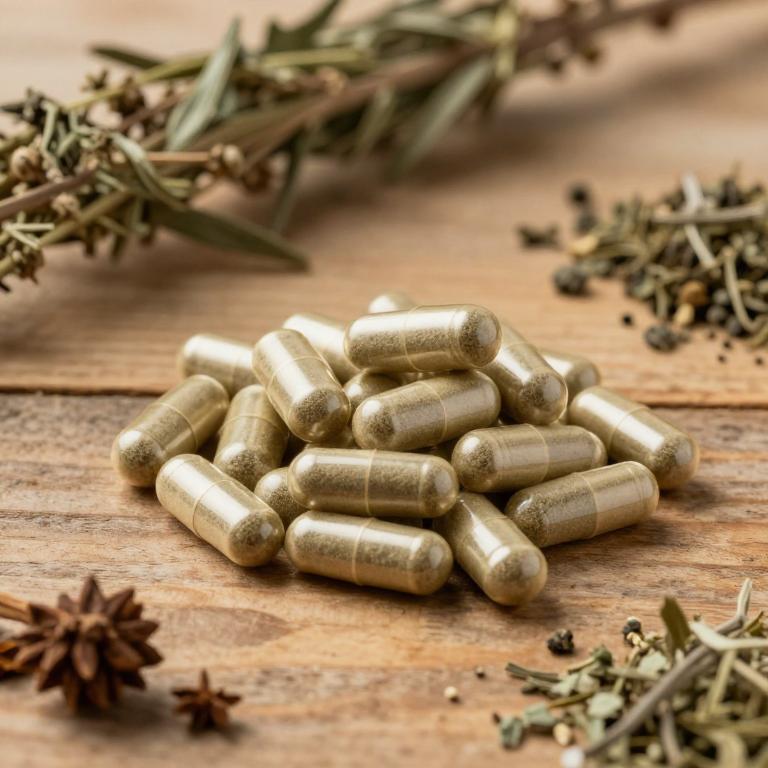
Thymus vulgaris, commonly known as thyme, is a herb that has been traditionally used for its antimicrobial and anti-inflammatory properties.
Thymus vulgaris herbal capsules are often recommended for treating boils due to their ability to reduce infection and promote healing. The active compounds in thyme, such as thymol and carvacrol, help fight bacterial infections that contribute to the formation of boils. These capsules can be used as a natural alternative or complementary therapy alongside conventional treatments.
However, it is important to consult a healthcare professional before using thyme capsules, especially if you have underlying health conditions or are taking other medications.
8. German chamomile (Chamomilla recutita)
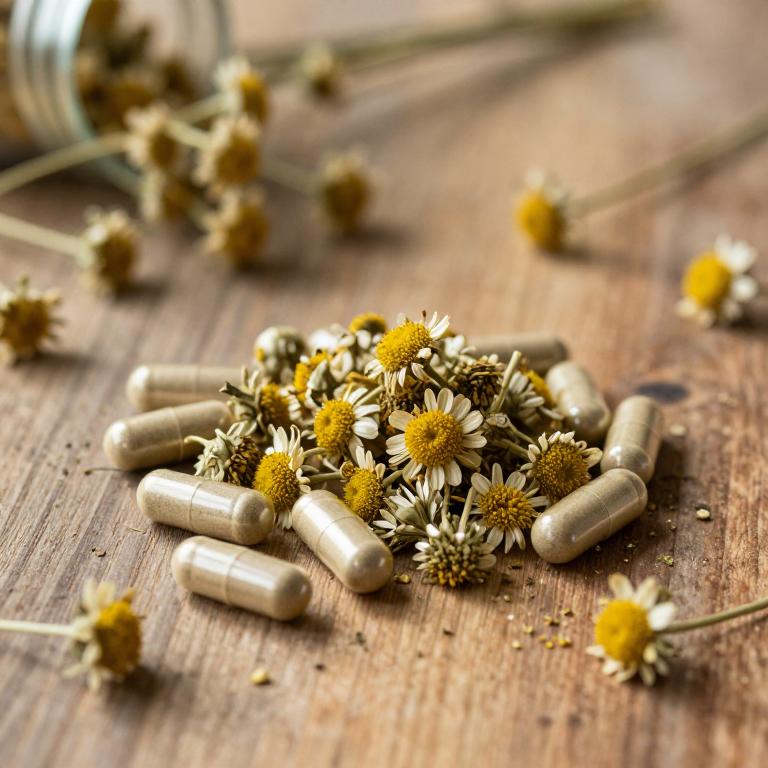
Chamomilla recutita, commonly known as German chamomile, is often used in herbal capsules for its anti-inflammatory and antiseptic properties, which can help in the treatment of boils.
These capsules contain the dried flower heads of the plant, which are rich in essential oils and flavonoids that may reduce pain and swelling associated with skin infections. Chamomile has been traditionally used to soothe irritated skin and promote healing, making it a popular choice for natural remedies. When taken internally, chamomile may support the body's immune response, aiding in the fight against bacterial infections that cause boils.
However, it is important to consult a healthcare professional before using chamomile capsules, especially if you have allergies or are taking other medications.
9. English lavender (Lavandula angustifolia)
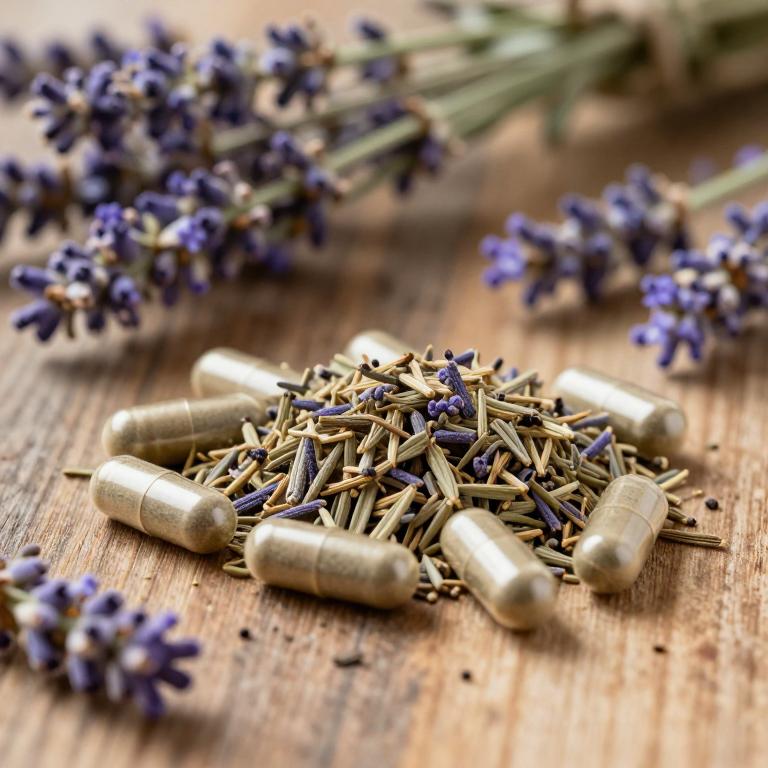
Lavandula angustifolia, commonly known as English lavender, is often used in herbal remedies for its soothing and anti-inflammatory properties.
Herbal capsules containing Lavandula angustifolia extract may help reduce the redness, swelling, and pain associated with boils due to its antimicrobial and analgesic effects. These capsules are typically made from standardized extracts of the plant, ensuring consistent potency and safety. While they are not a substitute for medical treatment, they can be a complementary option for managing mild skin infections.
It is important to consult with a healthcare professional before using lavender capsules, especially if you have underlying health conditions or are taking other medications.
10. Salvia (Salvia officinalis)
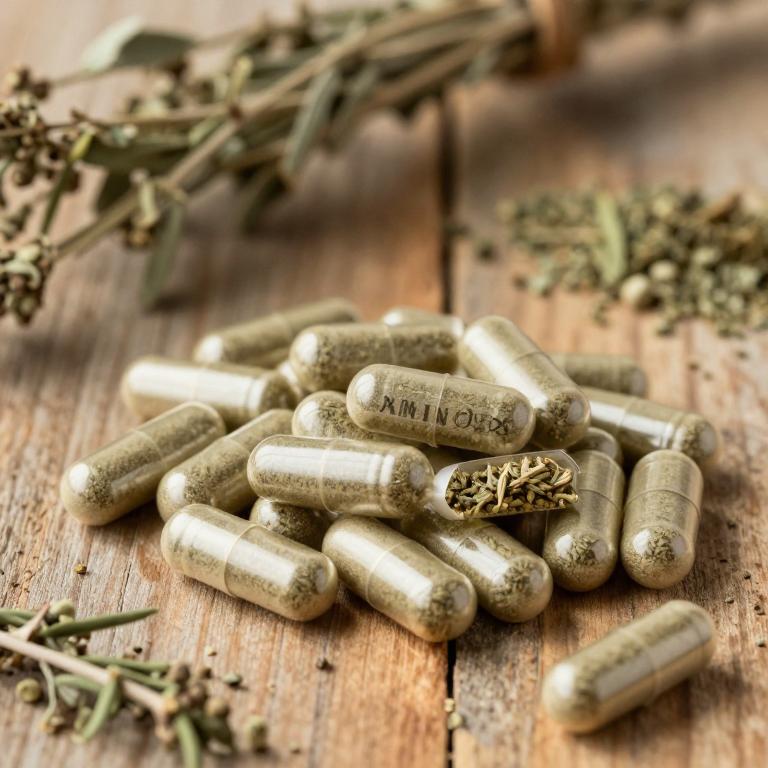
Salvia officinalis, commonly known as sage, has been traditionally used for its anti-inflammatory and antimicrobial properties, making it a potential natural remedy for boils.
When encapsulated, sage offers a convenient and concentrated form of the herb, allowing for easy consumption and consistent dosing. Studies suggest that the active compounds in sage, such as flavonoids and essential oils, may help reduce inflammation and promote healing in skin infections like boils. However, it is important to consult with a healthcare professional before using sage capsules, especially if you have underlying health conditions or are taking other medications.
While sage may provide supportive benefits, it should not replace conventional medical treatments for severe or persistent boils.